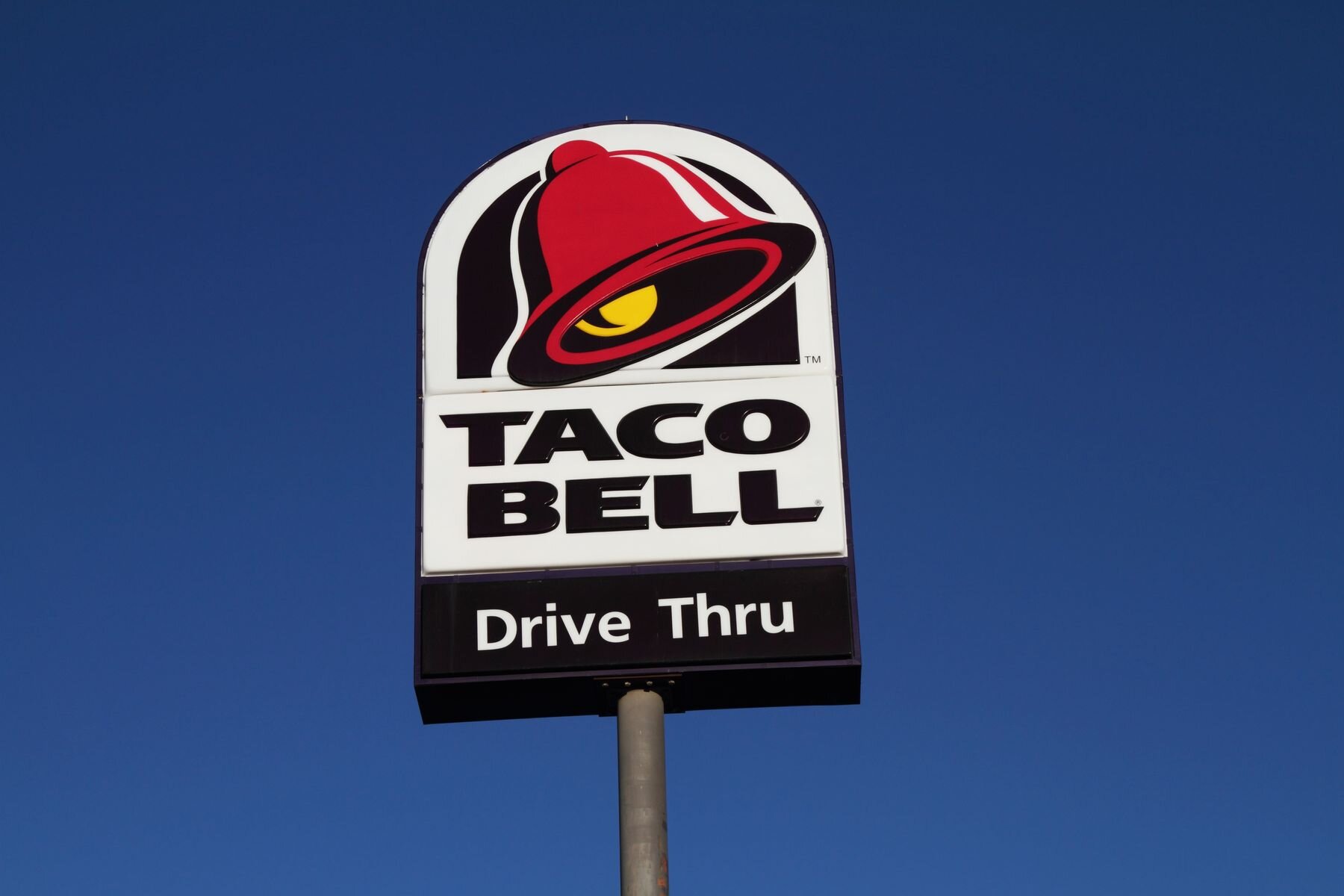Former Advance Kids Employee Alleges Misclassification
/A former employee of Advancec Kids, Inc. alleges misclassification led to overtime violations, wage and hour violations, etc.
The Case: Lillye Buckans, v. Advance Kids, Inc.
Court: Sacramento County Superior Court
Case No.: 34-2021-00303450
The Plaintiff: Lillye Buckans, v. Advance Kids, Inc
The plaintiff in the case is Lillye Buckans, a former employee of Advance Kids, Inc. According to court documents, Buckans was employed by the defendant from June 2019 through August 2020. During her time with the company, Buckans was classified as a non-exempt employee, paid an hourly wage, and was entitled to meal and rest periods, minimum wage, and overtime pay as mandated by employment law. Buckans brought a California class action on behalf of herself and other individuals previously employed by Advance Kids, Inc. who were classified as non-exempt employees anytime from four years prior to the filing of the complaint through the ending date determined by the court.
The Defendant: Lillye Buckans, v. Advance Kids, Inc
The defendant in the case is Advance Kids, Inc. Advance Kids, Inc. is a California corporation that conducts a substantial amount of their business in the state of California. The company’s main services include in-home services, center-based services, educational services, and non-public preschool services to assist individuals of all ages and disabilities.
The Case: Lillye Buckans, v. Advance Kids, Inc
According to the complaint, Advance Kids, Inc. allegedly violated California Labor Code. Buckans claims the company failed to provide her (and other employees in similar situations) with legally required meal breaks, and rest periods. Buckans also alleges that the company failed to pay accurate overtime wages in accordance with employment law. Additional allegations of employment law allegations were also listed in the lawsuit including: failure to pay minimum wage, failure to provide itemized wage statements, failure to reimburse employees for required expenses, and failure to provide wages when due. The plaintiff also alleges that Advance Kids, Inc. engaged in unfair competition due to their company-wide policy allegedly failing to accurately calculate and record missed meal and rest periods for the plaintiff and other California workers.
If you have questions about California labor law violations or overtime pay violations, please get in touch with Blumenthal Nordrehaug Bhowmik DeBlouw LLP. Experienced employment law attorneys are ready to assist you in various law firm offices in San Diego, San Francisco, Sacramento, Los Angeles, Riverside, and Chicago.










